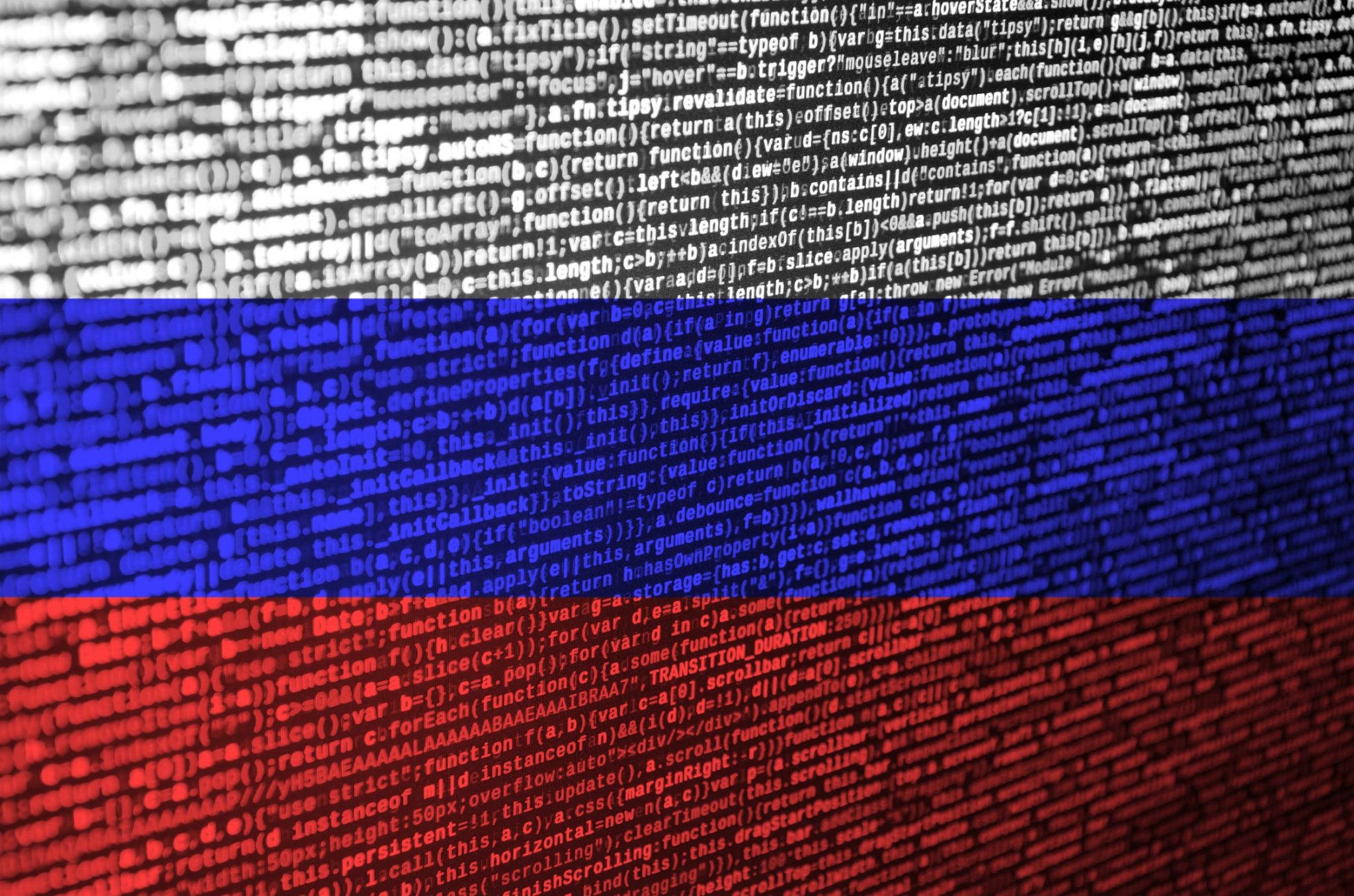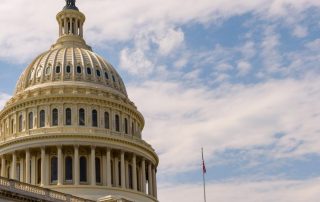Russia has long been waging operations against democracies using all of the asymmetric tools ASD tracks—information manipulation, cyberattacks, malign finance, civil society subversion, and state economic coercion. The Kremlin’s geographic scope in conducting operations to undermine democracy continues to expand and its tactics continue to evolve. Find ASD’s work on Russia’s attempts to interfere in democracies on this page.

Interference Matters
Catch Me If EU Can: How RT and Sputnik Evade EU Content Bans
How Russia Divides America
In his new YouTube series Trust But Verify, Non-Resident Fellow Clint Watts looks at different parts of Russia's information manipulation operations and their impact on the United States. It’s now common knowledge that Russia has an interest in in [...]
Spies and Money: Legal Defenses Against Foreign Interference in Political Campaigns
Executive Summary In recent years, U.S. government officials have normalized a damaging notion: that soliciting or participating in foreign interference in a U.S. election will not be prosecuted. Foreign governments from Beijing to Moscow and else [...]
Censorship and the Capitol Riot: How Big Tech Became the Target of Russian, Chinese, and Iranian Messaging
Overview Since the riot at the U.S. capitol on January 6, there has been a clear element of schadenfreude in Iranian, Russian, and Chinese state media coverage of political and social disunion in the United States. That adversarial state media outle [...]
Hamilton Toplines: January 9-15, 2021
In response to tech platforms’ more aggressive content moderation in the wake of the capitol riots (including Facebook and Twitter banning President Trump), RT has drilled down on the narrative of censorship, with isolated examples from other Russia [...]
Hamilton Toplines: December 26, 2020-January 1, 2021
Last week, Russian state media and diplomats continued to champion the Sputnik V vaccine, with the announcement of a deal for Venezuela to buy 10 million doses of the Russian vaccine receiving particular attention. Four of the top ten most-retweeted [...]
Hamilton Toplines: December 12-18, 2020
Russian state media and diplomats sought to characterize the attribution of the SolarWinds hack that affected multiple U.S. government agencies and private sectors companies to Russia as part of the tradition of the United States blaming Russia for [...]
Three Takeaways for Defending Against Foreign Interference from the SolarWinds Hacks
On December 17, the Cybersecurity and Infrastructure Security Agency (CISA) released a statement warning that a sophisticated and ongoing cyber breach posed a “grave risk” to government, critical infrastructure, and private sector organizations. Off [...]
Zack Cooper and Laura Rosenberger in Foreign Affairs: Democratic Values Are a Competitive Advantage
The contest with authoritarianism requires the United States to understand its strengths. Upon winning the presidency, Joe Biden promised to lead “not by the example of our power, but by the power of our example.” That pledge is important, because [...]
The Weaponized Web: Levers in the Digital Advertising Ecosystem
This paper is the first in a series on technology policy through the lens of national security, published in partnership with the Mossavar-Rahmani Center for Business and Government at the Harvard Kennedy School. Introduction Open societies have [...]
2021 NDAA: Malign Finance, Cyber Operations, and Artificial Intelligence Take Center Stage in Congress’ Fight against Authoritarian Interference
The United States Congress passed the William M. Thornberry Defense Authorization Act for Fiscal Year 2021, an annual bill (generally known as the NDAA) that designates funding for the Department of Defense, on a bipartisan basis. Priorities outline [...]
Hamilton Toplines: December 5-11, 2020
Continuing a pattern seen in recent weeks, Russian state media covered various issues and concerns related to Western coronavirus vaccines and lamented the alleged anti-Russia bias in Western media coverage of Russia’s Sputnik V vaccine. Meanwhile, [...]
Linking Values and Strategy: How Democracies Can Outcompete Autocracies
Ambassador Eric Edelman, Distinguished Practitioner-in-Residence at John Hopkins’ Philip Merrill Center for Strategic Studies, Co-Chair of ASD’s Offset Strategy for Democracies Task Force Ambassador Samantha Power, Anna Lindh Professor of the Practi [...]









